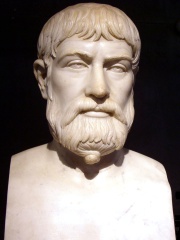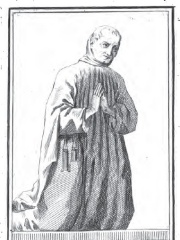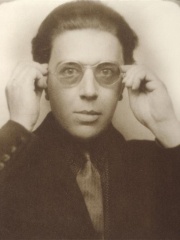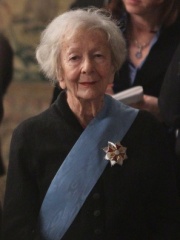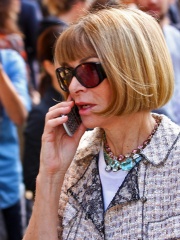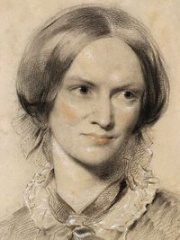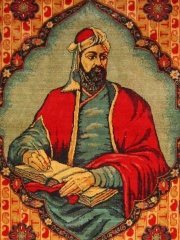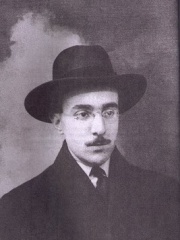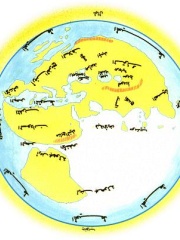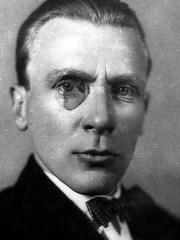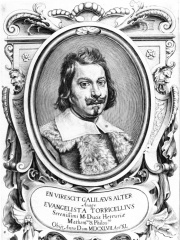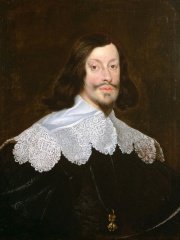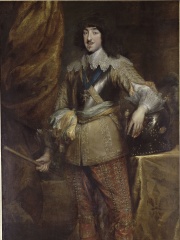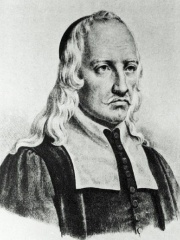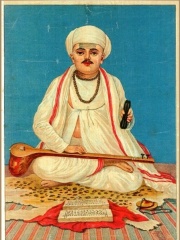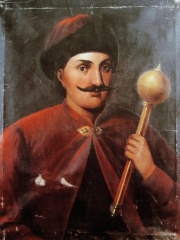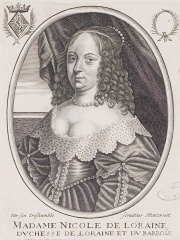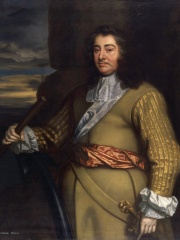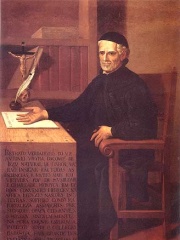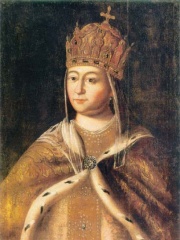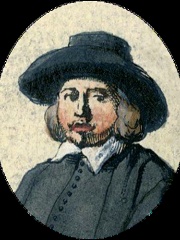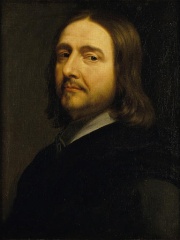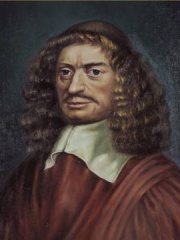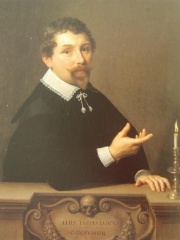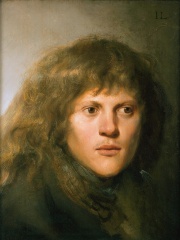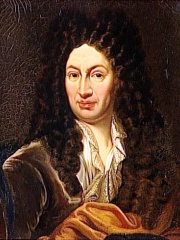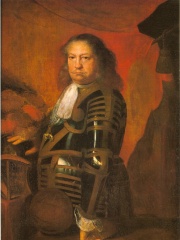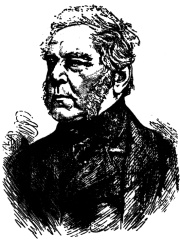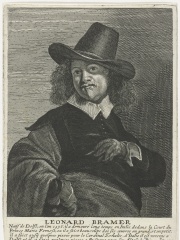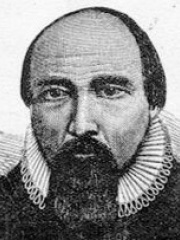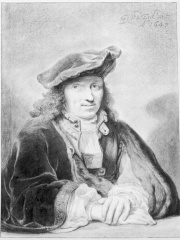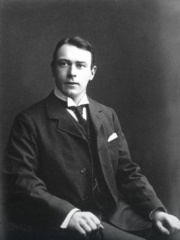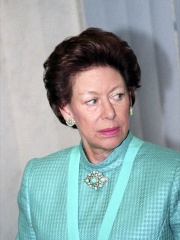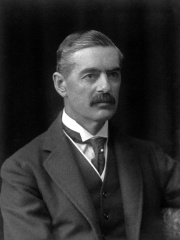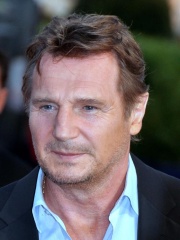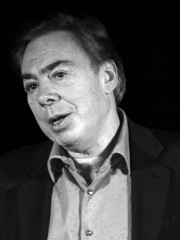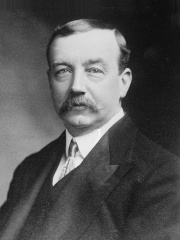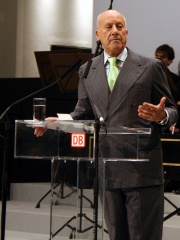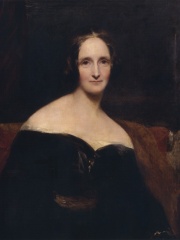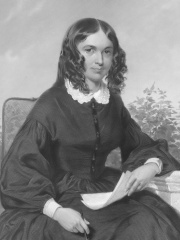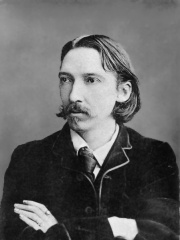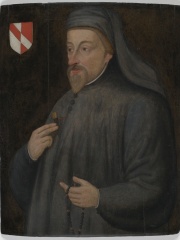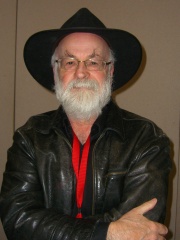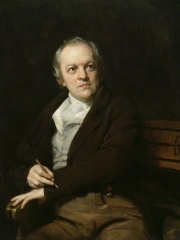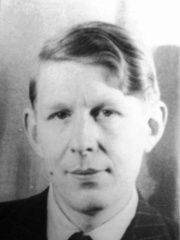Pisarz
John Milton
1608 - 1674
PL.WIKIPEDIA PAGE VIEWS (PV)

 John Milton
John Milton
Jego biografia jest dostępna w 105 różnych językach w Wikipedii (wzrost z 102 w 2024 roku). John Milton jest 177. najpopularniejszym pisarz (wzrost z 243. w 2024 roku), 159. najpopularniejszą biografią Wielka Brytania (wzrost z 174. w 2019 roku) oraz 19. najpopularniejszym pisarz Wielka Brytania.
Memorability Metrics
Page views of John Milton by language
Among Pisarzs
Among pisarzs, John Milton ranks 177 out of 7,302. Before him are Pindar, Nicolas Flamel, André Breton, Wisława Szymborska, William Faulkner, and Anna Wintour. After him are Charlotte Brontë, Nizami Ganjavi, Stéphane Mallarmé, Fernando Pessoa, Al-Masudi, and Mikhail Bulgakov.
Most Popular Pisarzs in Wikipedia
Go to all RankingsPindar
517 BC - 437 BC
HPI: 79.03
Rank: 171
Nicolas Flamel
1330 - 1425
HPI: 79.01
Rank: 172
André Breton
1896 - 1966
HPI: 79.00
Rank: 173
Wisława Szymborska
1923 - 2012
HPI: 78.89
Rank: 174
William Faulkner
1897 - 1962
HPI: 78.87
Rank: 175
Anna Wintour
1949 - Present
HPI: 78.83
Rank: 176
John Milton
1608 - 1674
HPI: 78.82
Rank: 177
Charlotte Brontë
1816 - 1855
HPI: 78.80
Rank: 178
Nizami Ganjavi
1141 - 1209
HPI: 78.77
Rank: 179
Stéphane Mallarmé
1842 - 1898
HPI: 78.77
Rank: 180
Fernando Pessoa
1888 - 1935
HPI: 78.77
Rank: 181
Al-Masudi
896 - 956
HPI: 78.74
Rank: 182
Mikhail Bulgakov
1891 - 1940
HPI: 78.73
Rank: 183
Contemporaries
Among people born in 1608, John Milton ranks 2. Before him is Evangelista Torricelli. After him are Ferdinand III, Holy Roman Emperor, Gaston, Duke of Orléans, Giovanni Alfonso Borelli, Tukaram, Ivan Vyhovsky, Nicole, Duchess of Lorraine, George Monck, 1st Duke of Albemarle, António Vieira, Eudoxia Streshneva, and Pieter Post. Among people deceased in 1674, John Milton ranks 1. After him are Hyeonjong of Joseon, Philippe de Champaigne, Giacomo Carissimi, Nicolaes Tulp, Jan Lievens, Jean Chapelain, Eberhard III, Duke of Württemberg, John Graunt, Leonaert Bramer, Hallgrímur Pétursson, and Gerbrand van den Eeckhout.
Others Born in 1608
Go to all RankingsEvangelista Torricelli
PHYSICIST
1608 - 1647
HPI: 84.27
Rank: 1
John Milton
WRITER
1608 - 1674
HPI: 78.82
Rank: 2
Ferdinand III, Holy Roman Emperor
POLITICIAN
1608 - 1657
HPI: 78.06
Rank: 3
Gaston, Duke of Orléans
POLITICIAN
1608 - 1660
HPI: 72.21
Rank: 4
Giovanni Alfonso Borelli
PHYSICIAN
1608 - 1679
HPI: 70.60
Rank: 5
Tukaram
WRITER
1608 - 1650
HPI: 67.09
Rank: 6
Ivan Vyhovsky
POLITICIAN
1608 - 1664
HPI: 65.02
Rank: 7
Nicole, Duchess of Lorraine
POLITICIAN
1608 - 1657
HPI: 62.92
Rank: 8
George Monck, 1st Duke of Albemarle
POLITICIAN
1608 - 1670
HPI: 62.89
Rank: 9
António Vieira
WRITER
1608 - 1697
HPI: 61.77
Rank: 10
Eudoxia Streshneva
POLITICIAN
1608 - 1645
HPI: 60.98
Rank: 11
Pieter Post
ARCHITECT
1608 - 1669
HPI: 60.83
Rank: 12
Others Deceased in 1674
Go to all RankingsJohn Milton
WRITER
1608 - 1674
HPI: 78.82
Rank: 1
Hyeonjong of Joseon
POLITICIAN
1641 - 1674
HPI: 70.13
Rank: 2
Philippe de Champaigne
PAINTER
1602 - 1674
HPI: 69.95
Rank: 3
Giacomo Carissimi
COMPOSER
1605 - 1674
HPI: 68.83
Rank: 4
Nicolaes Tulp
PHYSICIAN
1593 - 1674
HPI: 67.00
Rank: 5
Jan Lievens
PAINTER
1607 - 1674
HPI: 66.13
Rank: 6
Jean Chapelain
WRITER
1595 - 1674
HPI: 65.86
Rank: 7
Eberhard III, Duke of Württemberg
POLITICIAN
1614 - 1674
HPI: 64.07
Rank: 8
John Graunt
MATHEMATICIAN
1620 - 1674
HPI: 63.17
Rank: 9
Leonaert Bramer
PAINTER
1596 - 1674
HPI: 62.76
Rank: 10
Hallgrímur Pétursson
WRITER
1614 - 1674
HPI: 62.33
Rank: 11
Gerbrand van den Eeckhout
PAINTER
1621 - 1674
HPI: 61.57
Rank: 12
In Wielka Brytania
Among people born in Wielka Brytania, John Milton ranks 159 out of NaN. Before him are Thomas Andrews (1873), Princess Margaret, Countess of Snowdon (1930), Neville Chamberlain (1869), Liam Neeson (1952), Anna Wintour (1949), and Andrew Lloyd Webber (1948). After him are Charlotte Brontë (1816), Arthur Henderson (1863), John Macleod (1876), William Pitt, 1st Earl of Chatham (1708), Norman Foster, Baron Foster of Thames Bank (1935), and Brian Johnson (1947).
Others born in Wielka Brytania
Go to all RankingsThomas Andrews
DESIGNER
1873 - 1912
HPI: 78.98
Rank: 153
Princess Margaret, Countess of Snowdon
NOBLEMAN
1930 - 2002
HPI: 78.94
Rank: 154
Neville Chamberlain
POLITICIAN
1869 - 1940
HPI: 78.91
Rank: 155
Liam Neeson
ACTOR
1952 - Present
HPI: 78.88
Rank: 156
Anna Wintour
WRITER
1949 - Present
HPI: 78.83
Rank: 157
Andrew Lloyd Webber
COMPOSER
1948 - Present
HPI: 78.83
Rank: 158
John Milton
WRITER
1608 - 1674
HPI: 78.82
Rank: 159
Charlotte Brontë
WRITER
1816 - 1855
HPI: 78.80
Rank: 160
Arthur Henderson
POLITICIAN
1863 - 1935
HPI: 78.77
Rank: 161
John Macleod
CHEMIST
1876 - 1935
HPI: 78.77
Rank: 162
William Pitt, 1st Earl of Chatham
POLITICIAN
1708 - 1778
HPI: 78.70
Rank: 163
Norman Foster, Baron Foster of Thames Bank
ARCHITECT
1935 - Present
HPI: 78.70
Rank: 164
Brian Johnson
SINGER
1947 - Present
HPI: 78.66
Rank: 165
Among Pisarzs In Wielka Brytania
Among pisarzs born in Wielka Brytania, John Milton ranks 19. Before him are Emily Brontë (1818), Mary Shelley (1797), Elizabeth Barrett Browning (1806), Robert Louis Stevenson (1850), Walter Scott (1771), and Anna Wintour (1949). After him are Charlotte Brontë (1816), Geoffrey Chaucer (1343), Aldous Huxley (1894), Terry Pratchett (1948), William Blake (1757), and W. H. Auden (1907).
Emily Brontë
1818 - 1848
HPI: 79.72
Rank: 13
Mary Shelley
1797 - 1851
HPI: 79.46
Rank: 14
Elizabeth Barrett Browning
1806 - 1861
HPI: 79.12
Rank: 15
Robert Louis Stevenson
1850 - 1894
HPI: 79.06
Rank: 16
Walter Scott
1771 - 1832
HPI: 79.04
Rank: 17
Anna Wintour
1949 - Present
HPI: 78.83
Rank: 18
John Milton
1608 - 1674
HPI: 78.82
Rank: 19
Charlotte Brontë
1816 - 1855
HPI: 78.80
Rank: 20
Geoffrey Chaucer
1343 - 1400
HPI: 78.27
Rank: 21
Aldous Huxley
1894 - 1963
HPI: 78.24
Rank: 22
Terry Pratchett
1948 - 2015
HPI: 78.12
Rank: 23
William Blake
1757 - 1827
HPI: 77.20
Rank: 24
W. H. Auden
1907 - 1973
HPI: 77.00
Rank: 25
